Tonelli M, et al. CMAJ 2011; 183(16): E1189-E1202
Statins appear to have a (small) cardiovascular benefit, even in individuals at low CVD risk.
Tag: coronary heart disease
Nov 08 2013
Are statins effective for primary prevention in people with low cardiovascular risk?
Permanent link to this article: https://evidencebasedmedicine.com.au/?p=1607
Permanent link to this article: https://evidencebasedmedicine.com.au/?p=1592
Permanent link to this article: https://evidencebasedmedicine.com.au/?p=1341
Apr 13 2011
Proton pump inhibitors with clopidogrel
van Boxel OS, et al. Cardiovascular and gastrointestinal outcomes in clopidogrel users on proton pump inhibitors: results of a large Dutch cohort study. Am J Gastroenterol 2010; 105: 2430–6
Concurrent proton pump inhibitors may increase the risk of cardiovascular outcomes in patients taking clopidogrel.
Permanent link to this article: https://evidencebasedmedicine.com.au/?p=1322
Mar 14 2011
Conventional CPR vs chest compression only
Permanent link to this article: https://evidencebasedmedicine.com.au/?p=1116
Permanent link to this article: https://evidencebasedmedicine.com.au/?p=1173
Permanent link to this article: https://evidencebasedmedicine.com.au/?p=993
Feb 14 2011
Statins, coronary heart disease and abnormal LFTs
Athyros VG, et al. Safety and efficacy of long-term statin treatment for cardiovascular events in patients with CHD and abnormal LFTs in GREACE Study: a post-hoc analysis. Lancet 2010; 376: 1916–22
Statin are effective and safe in patients with established coronary heart disease but with mild-to-moderate abnormal liver function tests.
Permanent link to this article: https://evidencebasedmedicine.com.au/?p=686
Permanent link to this article: https://evidencebasedmedicine.com.au/?p=262
Permanent link to this article: https://evidencebasedmedicine.com.au/?p=206

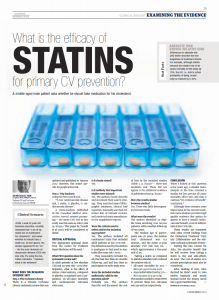
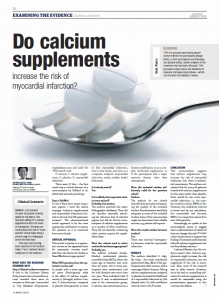
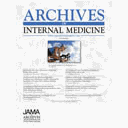


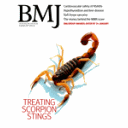
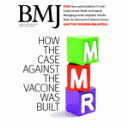
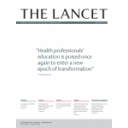

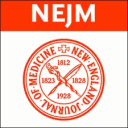
Recent Comments